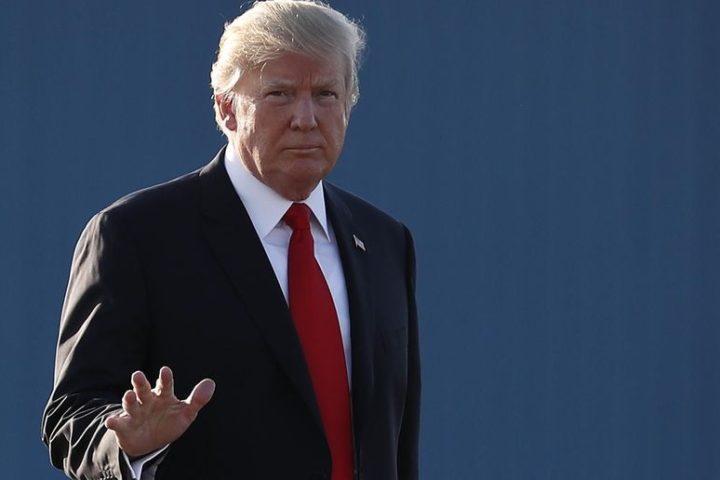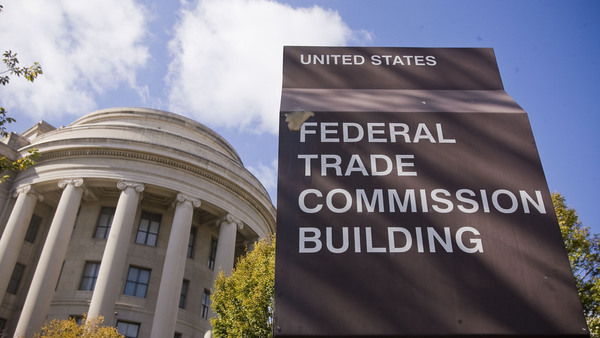Although the government officially withdrew from its battle against Apple Monday, many observers sense the tech privacy war is just getting started.
“This lawsuit may be over, but the Constitutional and privacy questions it raised are not,” Congressman Darrell Issa (R-Calif.), who had criticized the Justice Department’s legal effort against Apple, said in a statement Monday.
The Justice Department withdrew its legal action against Apple after a method brought to the FBI earlier this month by an unidentified entity allowed investigators to crack the security function without erasing contents of the iPhone used by Syed Farook, who with his wife, Tashfeen Malik, carried out the December mass shooting in San Bernardino that left 14 dead.
The government maintained it was looking for access to one phone, but Apple countered that asking for a code that could access the iPhone 5c would create a backdoor to all such devices that was exploitable by other entities.
“This case should never have been brought,” Apple said in a statement released late Monday. “We will continue to help law enforcement with their investigations, as we have done all along, and we will continue to increase the security of our products as the threats and attacks on our data become more frequent and more sophisticated. … This case raised issues which deserve a national conversation about our civil liberties, and our collective security and privacy.”
In its two-page filing in a California magistrate’s court, the government noted that due to outside assistance it “no longer requires the assistance from Apple Inc.” Justice spokeswoman Melanie Newman said the FBI is reviewing the contents of the phone as “consistent with standard investigatory procedures,” and that “we will continue to pursue all available options for this mission, including seeking the cooperation of manufacturers and relying upon the creativity of both the public and private sectors.”
Government law enforcement officials have denied charges the FBI wanted to establish a backdoor to Apple’s encryption, and swatted away accusations that they were using the case to gain broader access to consumers’ devices.
“The San Bernardino case was not about trying to send a message or set a precedent; it was and is about fully investigating a terrorist attack,” FBI Director James Comey wrote in an editorial last week.
The FBI has about a dozen similar cases pending in which it wants access to smartphone information to assist with a case. So while this particular showdown may be over, “there are other cases pending where law enforcement relies on the All Writs Act” to access tech gadget data, referring to an old law that can compel companies to help the government in pursuit of its duties, says Denelle Dixon-Thayer, Chief Legal and Business Officer at Mozilla, the company behind the Firefox browser.
“This question is clearly not going away just because the government has withdrawn their request in this particular case,” she says.
Mozilla and dozens of other tech companies that supported Apple with amicus briefs will be watching what happens next carefully.
Privacy issues have both societal and financial implications. Given the ubiquity of smartphones and tablets, concerns loom about how rogue regimes could leverage back doors into tech products to go after detractors. Companies like Apple, whose brand identity is anchored to data security, could face declining sales if smartphones and tablets prove hackable.
All that is counterbalanced by the need for public security in an age when terrorists use encrypted smartphone communication to secretly plot devastating attacks such as the recent suicide missions in Brussels and Paris.
Justice officials declined to comment on whether the technique used to unlock the phone would be applied to other encrypted devices. Authorities also refused comment on whether the method would be shared with Apple.
Apple officials said on a call with reporters last week that if the iPhone in question was accessed, the company would want to know how so it can improve its encryption techniques. Declining to turn over such details to Apple engineers would “leave ordinary users at risk from malicious third-parties who also may use the vulnerability,” says Andrew Crocker, staff attorney for the Electronic Frontier Foundation.
Monday’s action concludes six weeks of building tensions between the government and the the Silicon Valley i-product giant. The FBI insisted for weeks that only Apple could crack the contents of Farook’s iPhone. Apple said such an action amounted to a digital “backdoor” that could eventually undermine the privacy of consumers — an unwavering stance supported by Google, Facebook, Microsoft and other tech giants.
The foes were poised to face off in a court room in Riverside, Calif., last week before the Justice Department abruptly asked for — and was granted — a postponement.
Apple CEO Tim Cook has crusaded in a highly coordinated public campaign against the dangers of weakened security in digital devices. This month, Apple said the “Founding Fathers would be appalled” because the government’s order to unlock the iPhone was based on what it said was non-existent authority asserted by the DOJ.
California U.S. Attorney Eileen Decker said federal authorities had pursued the litigation to “fulfill a solemn commitment to the victims of the San Bernardino shooting — that we will not rest until we have fully pursued every investigative lead related to the vicious attack.’’
Alex Abdo, staff attorney for the American Civil Liberties Union, called the government’s “unprecedented power-grab” a threat to everyone’s security and privacy.
“Unfortunately, (Monday’s) news appears to be just a delay of an inevitable fight over whether the FBI can force Apple to undermine the security of its own products,” Abdo said in a statement late Monday. “We would all be more secure if the government ended this reckless effort.”
Marco della Cava and Jon Swartz reported from San Francisco, Johnson from Washington, D.C.


